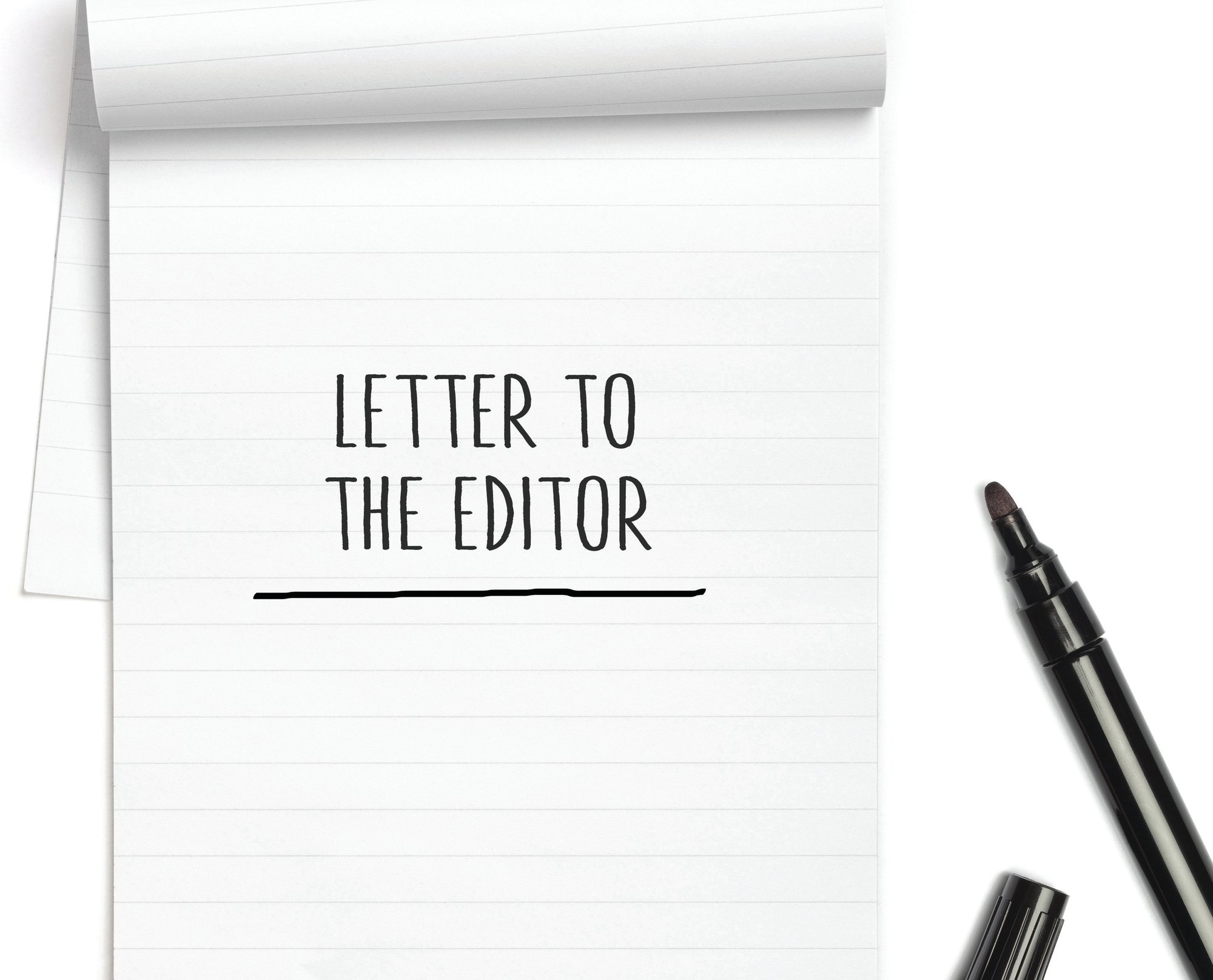Letter to the editor: It would be good if we could admit problems, lower anger
Pick a topic: Southern border, Ukraine, nuclear war, Israel-Gaza, NATO, Biden, Trump, woke, critical race theory, the press, inflation, the Fed, public and private education, national debt, collapse of mainline churches, defunding police, reparations, and the list goes on and on and on. Once-respected journals of opinion and news outlets in many cases no longer have influential followings because interest in competing views largely has been lost. Since no one knows everything and most of us know only about things that interest us, one would think that the automatic response in such divisive times would be a little more toleration and a modicum of respect. But we cannot seem to get there. Rather it appears that social media has made it so easy to express opinions that we have fallen deeply in love with our own and have very little use for anything challenging our thoughts or celebrating anything but our own designs.
One would wish for an easy solution, but it seems the genie of self-delusion is so used to being free that she will under no circumstances be silenced again. If that is the case, then perhaps it would be good if we could at least admit the problem and learn to lower our anger, disdain and somehow agree that we all must breathe the same air. One clear outcome of that would be a modest increase in patience. And yes, that is a virtue, or once was. It's not one that we easily embrace, but in frightful times it is one with which we could at least live in relative peace.
This writer wishes, as do most, for more patience, as driving around town or to another city really tests one's patience. And having to listen to so many opinions literally makes most of us retreat into shells of silence. This is not a good thing.
Our form of government, which is not truly a democracy, and not truly a republic, but a hybrid perhaps best described as a democratic republic, requires an informed public. The only way to be informed is to read, and think, and talk about our ideas and beliefs, being open to change as evidence permits, as well as being willing to defend the same. Our experiment in government would have been unlikely in such shallow times as those in which we find ourselves where we prefer calling people names to calling out their ideas.
Both political parties are guilty of this, and it appears that this political year will be entertaining, which might be fun if the stakes were not so high. But since they are so high, and since no Solomon appears, except in the Book of Proverbs, perhaps it would be good to revisit that ancient work and ask its author for more wisdom and less vitriol.
JAMES R. CHANDLER JR.
Sumter
More Articles to Read

